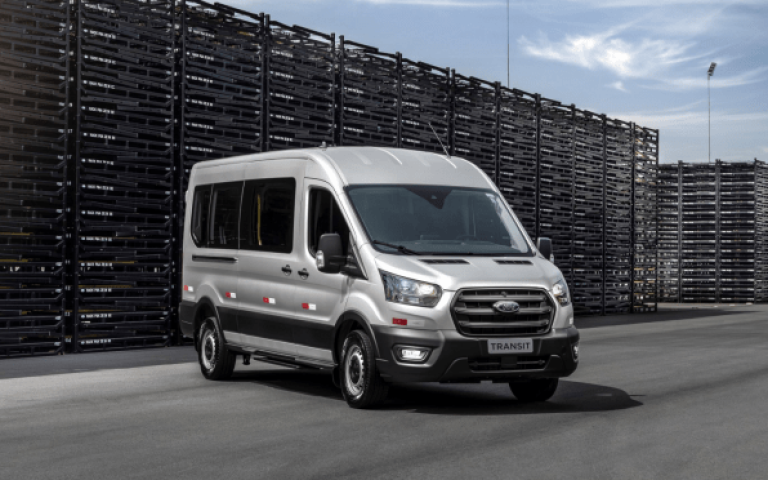The poor results of Ford worldwide, between 2017 and 2019, as well as the crisis derived from the pandemic, forced the Detroit giant to rethink its global strategy, with a painful adjustment process that even led to the closure of several plants in Latin America, as happened with the facilities in Brazil and Argentina that stopped operating.
Ford’s new strategy aims to focus on F-Series vehicles, SUVs and light utility vehicles, as well as hitting the gas pedal to electrify its portfolio, create new mobility services and business units. Along these lines, one of the first divisions resulting from this reengineering has been Ford Pro, which operates independently and is dedicated to promoting commercial vehicles.

This new division will integrate the business of development and sale of commercial vehicles with both conventional and electric propulsion; development of charging solutions for homes, offices and companies; connected services for fleet management that ensure productivity and profitability for owners; elite services to improve after-sales and support by allowing utilities to get back to work quickly; and the Ford ProFin Simple financing program, to leverage the purchase of the units, as well as the electric recharging systems.
One of the axes of this new Ford division is the light utility Transit, which has been one of the pillars of the brand in several countries, first produced in 1953 and with more than 10 million units sold globally. That it will have diesel versions and the electric E-Transit, which is already available in Europe and will have to make the route to South America.

For the introduction of the model in this region, coordinated work was carried out with the engineering centers in England, Germany and the Brazilian facilities in Tatui (State of São Paulo), where a test center operates. More than 20,000 hours of work and more than 1 million kilometers of tests, allowed to adjust the characteristics of the models that will arrive in South America. The Transit will be produced in Uruguay, thanks to an alliance between Ford and the Nordex group, to have the fifth country that will produce the van, in addition to the United States, Turkey, China and Russia. The investment for the production process amounts to 50 million dollars.
The premises of a light utility vehicle will be available in the Transit: low cost of operation, robustness, durability, good load capacity, safety, affordable price, functionality and adaptability to develop different versions. For the passenger versions, it is expected to have options from 15 to 19 occupants plus driver, specifically developed.

The version with its original factory window, but without seats, will also be available for customers to configure according to their needs, with a network of Ford-approved transformers. Naturally, the panel option for urban delivery, last mile deliveries and parcels will be present, in different options of heights, distances between axes and load capacities.
As of this writing, it has not been confirmed with which engine versions the South American version will be equipped. It is worth mentioning that in Mexico it is offered with the TDCi Puma engine, with 2,200cc and 125HP of power, while in Turkey the EcoBlue engine is available with diesel and hybrid versions, with powers of 130HP, 170HP and 185HP. Or the current one offered in Argentina also 2.2 but with 135HP of power, in all cases including turbocharger and intercooler.
Connectivity will be a great differential, as it will include the integrated Ford Pass Connect modem that will allow optimization of work, help owners to be more productive, to know location, receive remote instructions via cell phone such as opening and closing doors, tracking fuel use, kilometers traveled and manage the tickets to the workshop. A vehicle that will be ready in Brazil with more than 100 dealers ready to provide support and that as orders are regularized, it will be able to move to other markets.

